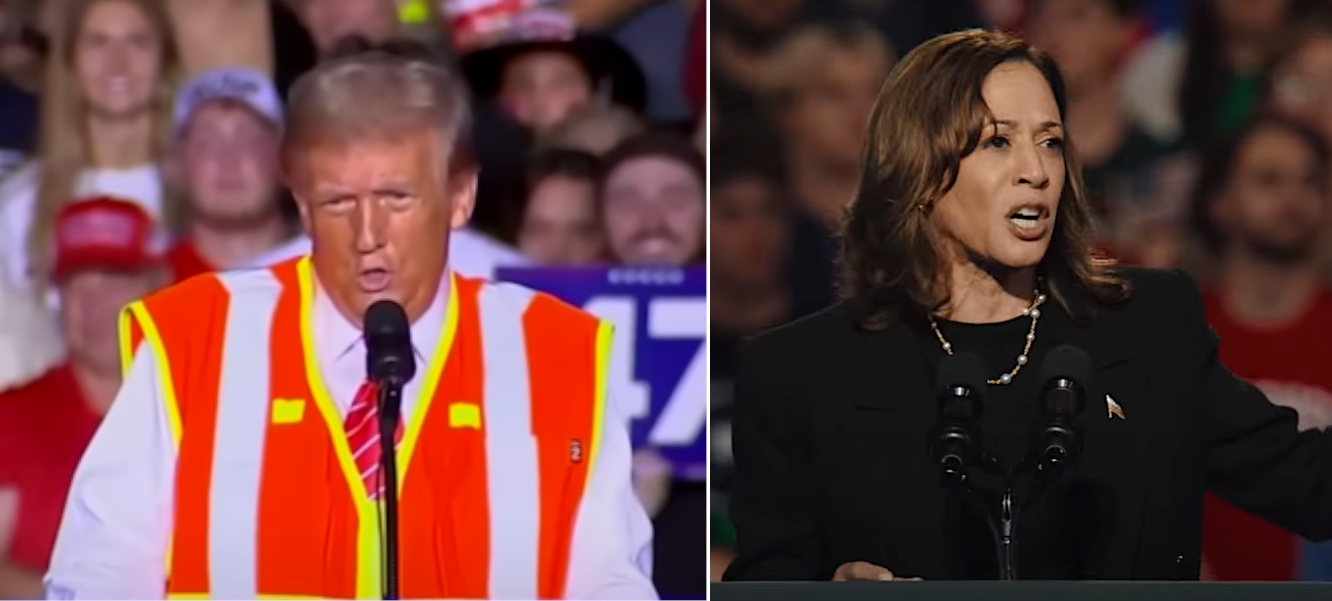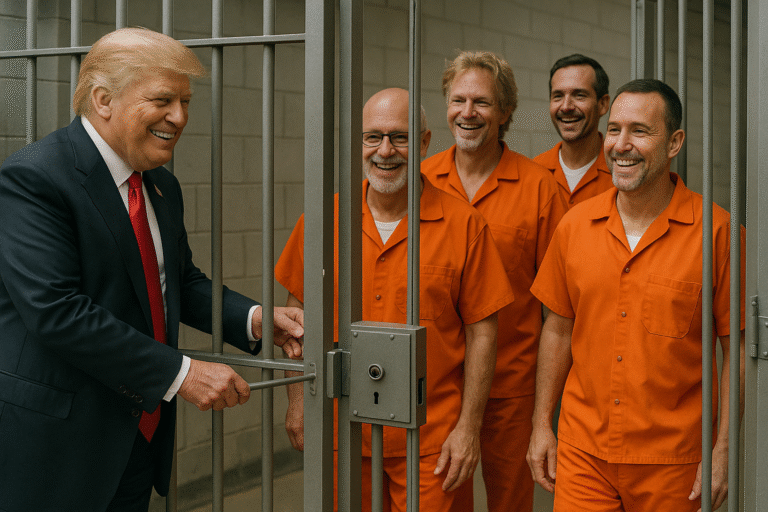In a recent rally in Green Bay, Wisconsin, former President Donald Trump made headlines with his declaration that he would protect women “whether they like it or not.” This statement has sparked widespread debate and criticism, particularly from Vice President Kamala Harris, who labeled the comment as “very offensive.”
We Didn’t Ask For Your Forced Protection
Trump’s self-appointed role as the protector of women raises eyebrows, especially given his history of controversial remarks and actions toward women. His assertion suggests a paternalistic approach, implying that women are incapable of safeguarding their own interests. This perspective not only undermines women’s autonomy but also reflects a dated mindset that many find troubling.
A Track Record of ‘Protection’
The former president’s track record includes numerous allegations of sexual misconduct and derogatory comments about women’s appearances and capabilities. His recent remarks seem to follow this pattern, positioning himself as a guardian while simultaneously dismissing women’s agency. Critics argue that this contradiction highlights a fundamental misunderstanding of women’s rights and autonomy.
The Gender Gap Widens
Polls indicate a significant gender gap in the upcoming election, with women predominantly supporting Harris and men leaning toward Trump. Trump’s latest comments are unlikely to bridge this divide; instead, they may further alienate female voters who view his statements as dismissive of their independence and decision-making abilities.
Protecting Women from Themselves?
By stating he will protect women “whether they like it or not,” Trump implies that women’s preferences and choices are secondary to his judgment. This paternalistic stance is reminiscent of outdated notions where women’s voices were marginalized in matters directly affecting them. In an era advocating for gender equality and empowerment, such rhetoric feels regressive and out of touch.
The Irony of Protection
The irony in Trump’s promise lies in his administration’s policies that many argue have undermined women’s rights, particularly concerning reproductive health. His role in appointing Supreme Court justices who contributed to overturning Roe v. Wade is a point of contention. Claiming to protect women while supporting measures that restrict their freedoms presents a contradictory narrative.
A Call for Genuine Respect
True protection of women involves respecting their autonomy, listening to their voices, and supporting policies that empower rather than control. As the election approaches, voters are called to scrutinize the rhetoric and actions of candidates, ensuring that promises of protection align with genuine respect for women’s rights and choices.








